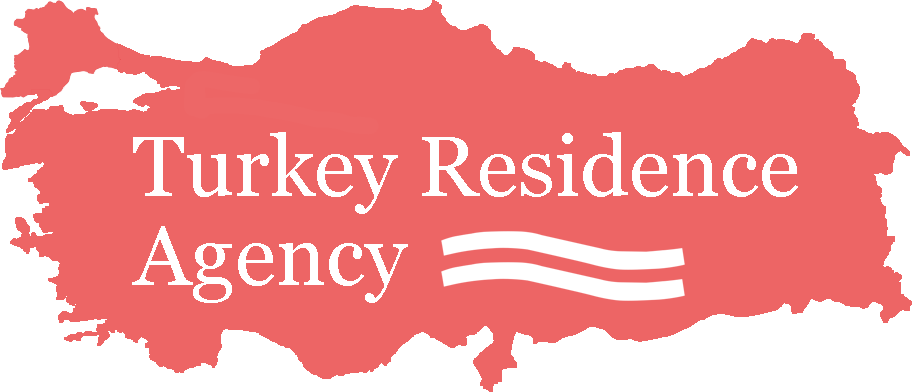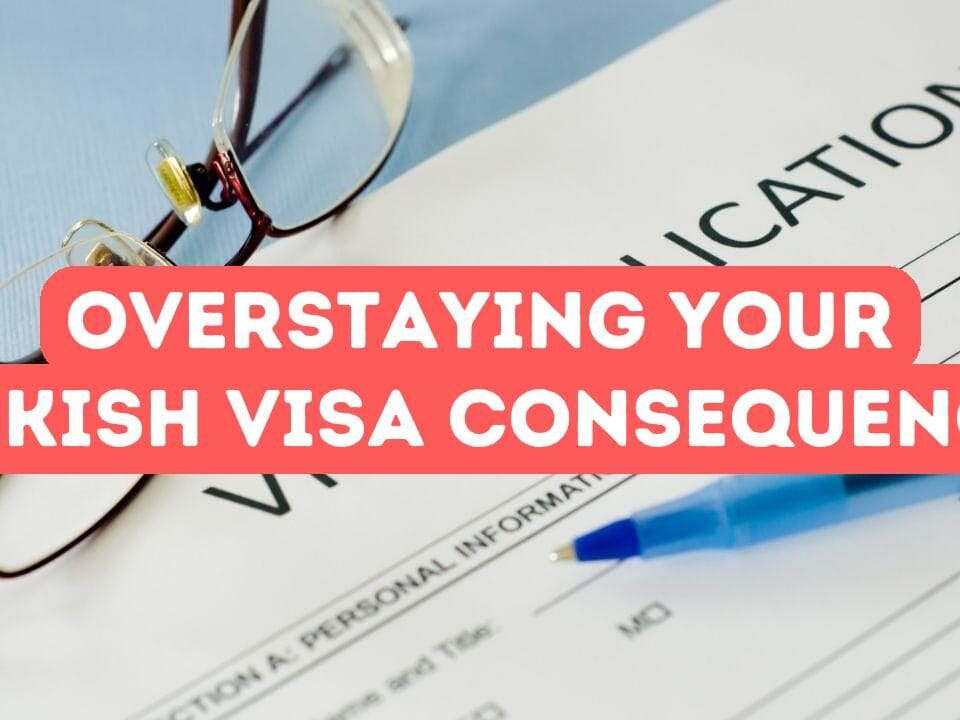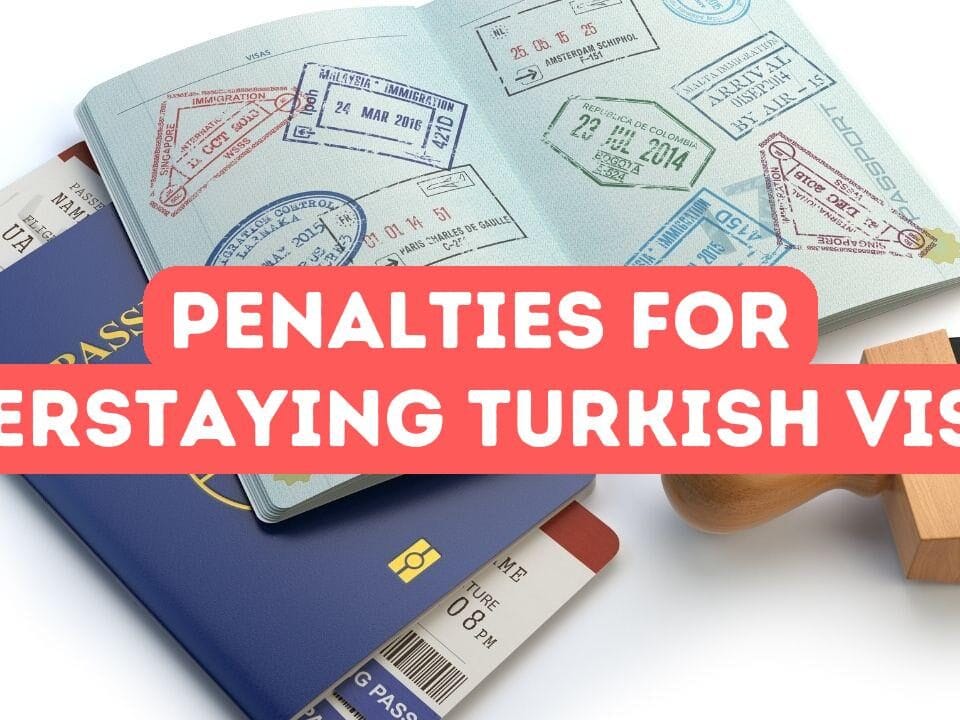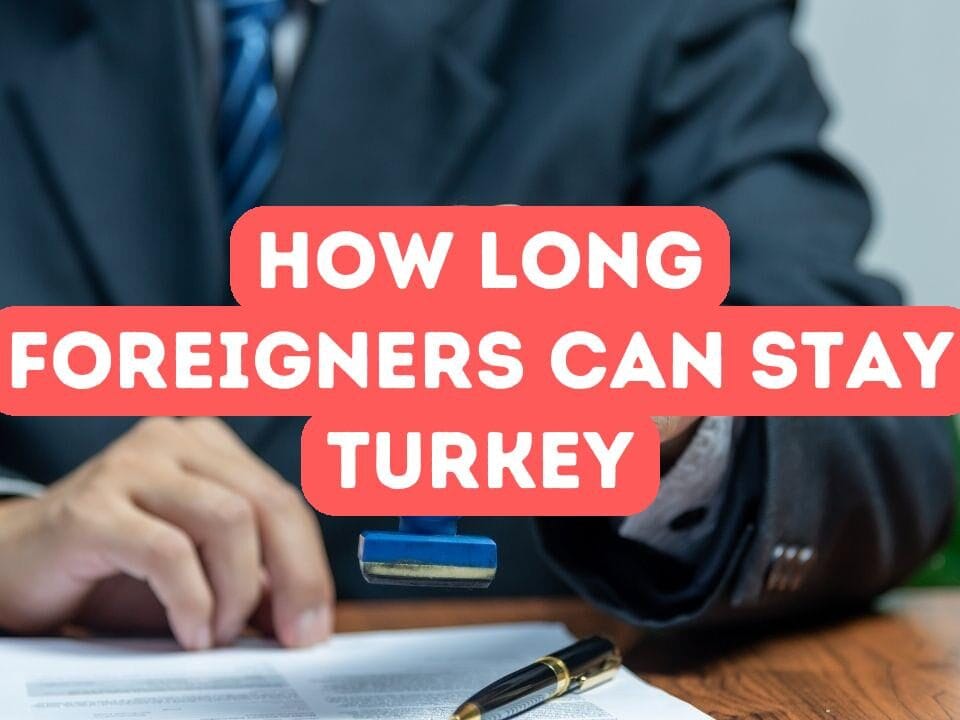How to Get Turkish Visa
Navigating the complexities of obtaining a Turkish visa can be a daunting experience, especially for those less familiar with international immigration regulations. At Turkey Residence Agency, we specialize in providing comprehensive immigration advisory services designed to streamline your journey to Turkey. Whether you’re seeking to explore the rich cultural tapestry of this beautiful country, further your education, or embark on new business opportunities, understanding the various visa types, application processes, and legal requirements is crucial. Our expert team stands ready to guide you through each step, ensuring you meet all necessary criteria and submit a successful application. In this blog post, we’ll cover everything you need to know about how to get a Turkish visa, offering valuable insights and practical advice tailored to your individual needs.
Step-by-Step Guide to Turkish Visa Application
The first step in applying for a Turkish visa involves determining the type of visa you need based on the purpose of your visit. Whether it’s a tourist visa, student visa, work visa, or another type, each has specific requirements and documentation. Begin by visiting the official website of the Turkish Ministry of Foreign Affairs or the Turkish e-Visa portal for detailed information on the visa categories and their respective prerequisites. Identifying the correct visa type is crucial to gather the necessary documents like your passport, invitation letters, proof of financial means, and travel insurance. Ensuring you have all required documents ready will set a firm foundation for the rest of your visa application process.
Once you’ve identified the appropriate visa type and collected the necessary documents, the next step is to complete the visa application form meticulously. This can typically be done online through the Turkish e-Visa portal for short-term visas, or by scheduling an appointment at the nearest Turkish embassy or consulate for long-term visas. Ensure all information provided is accurate and matches the details on your supporting documents to avoid delays or rejections. After submitting the application form, you’ll be required to pay the visa fee, which varies depending on the type of visa and your nationality. To finalize your application, keep an eye on your email for any follow-up requirements or additional documents requested by Turkish authorities, and be prepared to attend an interview if necessary.
After submitting your application and paying the visa fee, the waiting period begins. It’s essential to monitor your application status regularly through the official online portal or by maintaining communication with the embassy or consulate handling your case. Processing times can vary based on the type of visa and seasonal demand, so allow adequate time for your application to be processed before your intended travel date. Once approved, you will receive the visa either in your email (for e-Visas) or as a stamped document in your passport (for consular visas). Upon receiving your visa, review the details carefully to ensure accuracy concerning the validity period and entry conditions. With your visa in hand, you are now prepared to embark on your journey to Turkey, equipped with the confidence that you have met all regulatory requirements.
Essential Documents for a Smooth Turkish Visa Process
When preparing to apply for a Turkish visa, ensuring you have all the essential documents is paramount to avoid delays and complications. Start by securing a valid passport with at least six months of remaining validity from the date of your intended entry. You will also need to provide a completed visa application form, which can be filled out online via the Turkish Ministry of Foreign Affairs website. Additionally, you must submit a recent passport-sized photograph that meets the visa photo requirements, along with proof of accommodation in Turkey, such as hotel reservations or an invitation letter from a host. Financial documentation, such as bank statements, may also be required to demonstrate your ability to support yourself during your stay. These fundamental documents form the backbone of your application, ensuring a seamless process and a higher chance of approval.
Another critical document you will need for your Turkish visa application is proof of travel insurance. Your insurance policy should cover medical expenses and emergencies during your stay in Turkey. It’s essential to ensure that the coverage is valid for the entirety of your trip and includes any possible activities you plan to undertake. Furthermore, depending on the purpose of your visit, you might be required to present additional documentation. For instance, if you’re traveling for business, an official letter of invitation from the Turkish company you intend to visit is necessary. Students will need a letter of acceptance from the educational institution they plan to attend. For tourist visas, a detailed travel itinerary can bolster your application, demonstrating clear plans for your stay. Being meticulous about gathering these documents will help mitigate any roadblocks and keep your visa process on track.
It’s also important to note the significance of providing accurate and honest information throughout your visa application. Any inconsistencies or omissions can lead to delays or even denial of your visa. Additionally, make sure to pay the visa application fee, which varies depending on your nationality and the type of visa you seek. Retain the receipt as proof of payment, as this will need to be submitted with your application. Once you have gathered all necessary documents, submit your application either at a Turkish embassy or consulate in your home country or through the online e-Visa portal if applicable. Keep track of your application status and be prepared for potential interviews, where you may need to further substantiate your reasons for visiting Turkey. By being thorough and diligent, you can enhance your chances of obtaining a Turkish visa, paving the way for a successful and fulfilling experience in Turkey.
Expert Tips for a Successful Turkish Visa Approval
The first step to a successful Turkish visa approval is meticulous preparation of the required documentation. Make sure you have all necessary documents in order, such as a valid passport, a completed visa application form, and recent passport-sized photographs. Additionally, depending on the type of visa you’re applying for—be it tourist, student, or business—you may need to provide supplementary documents like proof of accommodation, financial stability, or a letter of acceptance from a Turkish educational institution. Double-check all forms for accuracy to avoid delays or rejections. Ensuring that your paperwork is complete and precise will set the stage for a smoother application process, making it easier for visa officers to verify your information and approve your request.
Another crucial factor in securing your Turkish visa is understanding the specific application timeline and adhering to it strictly. Start your visa application well in advance of your intended travel date, as processing times can vary depending on the type of visa and the applicant’s country of origin. Generally, it is advisable to apply at least a month before your planned departure. Be mindful of any public holidays or peak travel seasons that may cause delays. Additionally, scheduling an appointment at the consulate or embassy as soon as your documents are ready will expedite the process. Taking these timeline considerations into account will not only reduce the stress associated with last-minute preparations but also enhance your chances of obtaining your visa without complications.
Finally, effective communication with the consulate or embassy and a proactive approach can significantly enhance your chances of a successful Turkish visa approval. If you are unsure about any part of the application process, do not hesitate to seek clarification directly from official sources or through our professional consulting services. Being honest and thorough in all your responses during the interview or document submission phase is vital. Misrepresentations or missing information can lead to delays or outright denials. Keep digital and physical copies of all submitted documents and communications for future reference. Following up politely but persistently on the status of your application can also demonstrate your genuine intent and readiness, helping to facilitate a favorable outcome.






